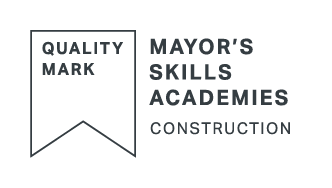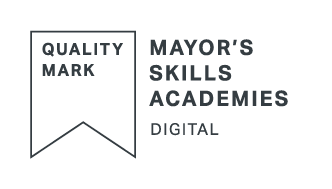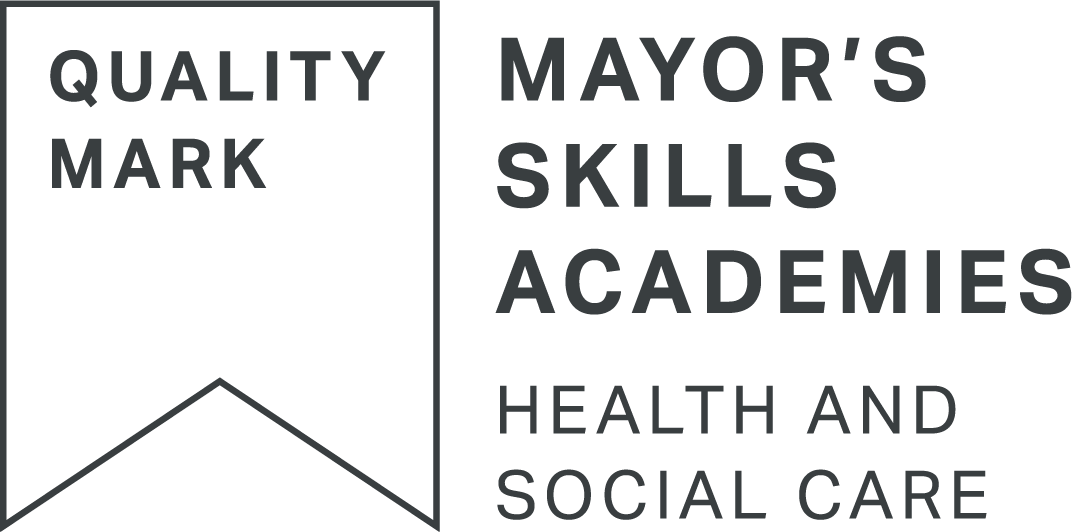Whether you're publishing content on social media, reading a film script, or analysing advertising copy, you need to understand and use language with its intended audience in mind. By choosing to take A Level English Language (Linguistics), you will gain invaluable communication and analysis skills that will support you in your academic life and beyond. English Language at A Level is both an engaging and a rewarding subject for students who possess intellectual curiosity and a general interest in communication.
English Language (Linguistics) will encourage you to think more deeply about everyday communication as you develop a broad range of skills, including the ability to read more critically, analyse data and evaluate and debate different viewpoints. You will be introduced to the study of English as a medium of communication and its role in creating social connections as well as asserting power in society. You will also explore language as a creative tool for expression.
You will learn how to write for a variety of audiences and purposes, and you will discover the concept of linguistic frameworks, or language levels, and how these can be used to analyse and deconstruct language. Essays will form a major part of the assessment, but these will often be based on stimulus material available in the exams and will focus on evaluation skills as much as the technical accuracy of the student's writing. You do not need to be an avid reader to benefit from the course; neither does your own writing need to be flawless.
You can expect to study:
Unit 1: Language, the Individual and Society
The first section of this exam will assess student's ability to apply methods of linguistic analysis to explore concepts of audience, purpose, genre, mode and representation in relation to two unseen texts. There will be subject specific terminology that students will be expected to know and to apply appropriately.
The second section offers a specific focus on Child Language Acquisition and deals with the stages of spoken language acquisition through to the age of around seven as well as the theories underpinning this development. There will also be an expectation that students will understand how reading and writing acquisition is achieved. Source material, often in the form of a transcript, will be provided to help guide the student response.
Unit 2: Language Diversity and Change
The first section of this exam looks at how language use varies across gender, social class and ethnic groups, as well as how the English language has developed and changed over time. Students will be expected to have studied texts from a range of social and historical contexts and will be asked to write an extended essay using their knowledge and understanding
The second section focuses on the idea of discourse - that language conveys attitudes and forms of representation that are being projected by the producer and are directed at influencing the listener/reader. There will be two unseen texts that will guide student's response, but wider knowledge and evaluation of the arguments posed in the unseen texts must be incorporated.
Unit 3: Language in Action
This is the non-exam assessment (or coursework) and is marked by teacher assessment. It is worth 20% of a student's final grade.
The coursework portfolio is composed of two pieces: a language investigation (2,000 words), plus a piece of original writing and commentary (750 words each). Students can choose to pursue a study of spoken, written or multimodal data, or a mixture of text types, demonstrating knowledge in areas of individual interest during this unit.











































